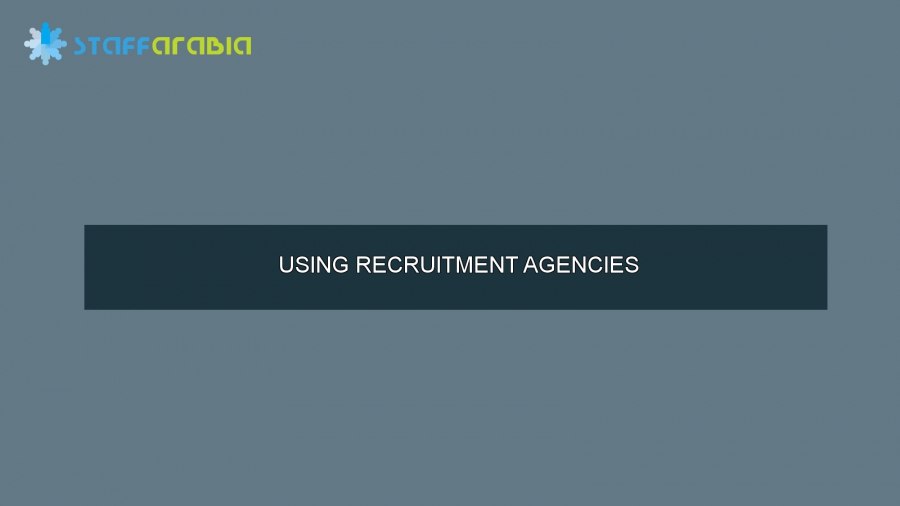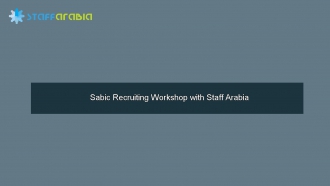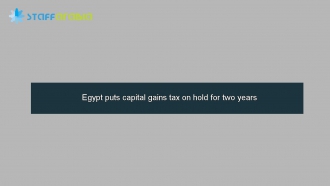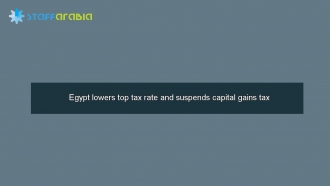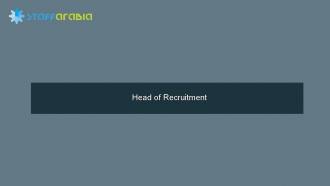WHAT ARE RECRUITMENT AGENCIES ?
A recruitment agency provides services to both employers and job seekers. They make profits by successfully placing job seekers into specific jobs and charging mostly the employers a fee for doing so. They also place temporary staff in organizations, charge employers an hourly rate and the worker is paid by the agency. The use of a recruitment agency to find staff is very well developed in the UK and is an industry worth about 25 billion pounds annually. Over thousands of agencies exist and like any diverse industry, agencies come in all shapes and sizes.
|
|
There are important differences between temporary agency workers, and people who have found a fixed-term or permanent job through an employment agency. Companies often use an employment agency to find them suitable candidates for a vacancy, for reasons outlined below. In this situation, your employment contract would be with the company that hires you, rather than the employment agency.
As an agency worker you will either have a contract for service or a contract of employment with the agency who finds you work. This work is often called ‘temporary work’, 'temping' or ‘agency work’. The firm who hires you pays a fee to the agency, and the agency
pays your wages. Flexibility for both worker and employer is one of the features of agency work. As an agency worker you have the flexibility to take up and leave jobs at short notice. The hiring company also has the flexibility to finish temporary work without being liable for unfair dismissal or redundancy pay. You should check your contract with your agency as it may include a notice period you may be obliged to give.
WHAT TYPES OF RECRUITMENT AGENCIES ARE THERE?
There are a huge number of recruitment agencies in the UK. They are also known as recruitment companies, recruitment consultancies, and search and selection companies. The clients that they serve and the role that they play vary considerably. Agencies can be High Street-based and deal with a wide range of opportunities such as Reed or Office angels. There are also specialist agencies that focus on a particular area or sector. This is often the case where the skillset required by the client company is very specific, such as in IT. There are also a number of large recruitment companies, often based in large cities, which deal with graduate-entry jobs through to senior executive roles. These companies are often divided into specialist departments focussing on a particular trade sector or business area.
You will find a huge range of online recruitment agencies. To track down the right ones for you, have a look at:
• www.rec.uk.com Recruitment and Employment Confederation
We also have listings for local recruitment agencies on the Information Sheet Working in the Oxford
Area. For international agencies see the ‘work outside the UK’ section of the careers service
website. Remember, you can get advice from a Careers Adviser about whether it makes sense to be using an agency, given your particular requirements.
WHAT ARE THE IMPLICATIONS OF AGENCIES BEING COMMERCIAL ORGANISATIONS?
Recruitment agencies are profit-making, and their primary aim is to make money, not to ensure your happiness. The implications are that often agencies will be interested only in those people they can place in jobs fairly easily, so if you don’t have much in the way of experience or skills, or you have struggled a bit in terms of your qualifications, they are quite within their rights not to help you. In addition, time is of the essence. Agencies need to place people in well-paid jobs, and the quantity of placements is important for them. There is a question of whether you end up in the right job for you, or whether you get the first job on their books that might suit. Regardless of these more cynical insights, it is true to say that recruitment agencies do rely on repeat business. Many also have to refund a percentage of their fee to an employer, if the individual doesn’t stay with that organisation for an agreed period of time. This does mean that there is a longer-term relationship between the agency and the employer, as well as the agency and the job seeker, which means a successful placement is important in business terms as well.
WHY DO EMPLOYERS USE RECRUITMENT AGENCIES?
Employers will use recruitment agencies for a whole host of reasons: a last-minute opportunity, the need to avoid putting their name in the press, a low company profile, lack of sector knowledge, or they may want to contract out their recruitment activity because they do not have the staff time to manage it themselves.
Most organisations do not rely on agencies to fill their graduate vacancies, because they feel they invest enough in advertising and recruitment activities to attract sufficient applications without agencies. Organisations may use recruitment agencies to fill graduate positions when: they are completely handing over the management of their graduate recruitment to them, the occupational sector is agency-dominated, they have a small number of highly-specialist roles available or they need to fill vacancies quickly before an imminent start date.
WHY SHOULD YOU USE AN AGENCY?
There are many reasons why you might want to use an agency including…
• You may find yourself looking for a job late in the year, close to typical start dates for graduate schemes.
• You may want to try out a particular sector for a shorter period of time.
• You may simply want some short-term work to raise some money to go travelling, for instance.
• The specific organisation you are interested in may use a recruitment agency for their graduate recruitment.
Recruitment agencies can help you in finding a job and can offer a speedier route into employment. Bear in mind however that you need to do the preparatory work in terms of your CV, your skills and know which roles you would like to work in before an agency can place you.
• Build a good rapport with the recruitment agent –treat your meetings with them like an interview, remember you need to make a good impression with them in order for them to put you forward to their clients.
• Shop around – not all agencies are right for you, so go and talk to two or three before deciding whom to go with. As a guide, look for agencies who are members of the Recruitment and Employment Confederation (REC) and who have an honest and professional attitude. Look for those agencies/consultancies that can show that they have a detailed understanding of their specialist market area, that do not put you forward for inappropriate roles and that show a willingness to maintain a relationship even when they are not actively seeking work for you.
• Know the rules – make sure you understand what a recruitment agency can and cannot do for you. The REC, which is the trade body that supports and represents the recruitment industry, provides best practice guidelines (www.rec.uk.com). Check to see if the agencies you are using are signed up to the REC and its code of practice.
• Explain clearly and carefully what you want – if you take time at the start, it can reduce misunderstandings and wasted efforts, and ensure you get the job opportunities that interest you.
• Don’t underestimate the power of a recruitment agent – in some cases they will not only be putting your CV forward, but they will be making initial pre-selection decisions for the company and even running assessment centres.
• Work quickly – if they contact you with an opportunity, respond ASAP. Agencies thrive under time pressure, often because the employers they work for ask for help at the last minute. Late responses may lead to disappointment.
• Keep an eye on the results – if your requirements are reasonable and the market is also reasonably buoyant, then you should hear about potential opportunities within a few days. If you don’t hear anything, then get back to them and politely ask why, encouraging them to be honest with you. If you keep in contact, they won’t forget you – but don’t become a thorn in their side.
• Keep control – make it clear that you want to make decisions about who sees your CV.
Some less-professional agencies can flood the market with your CV, and if you are also applying to other companies without the help of the agency, then employers could have two of your applications on their desk at once – this can leave you looking a bit desperate and quite indiscriminate in your application decisions.
• Be selective – If you hand your CV to four recruitment agencies, then you may find every employer receives your CV four times!
• Use their knowledge – if you get a good recruitment agent, they will often know the market well. They are a great source of market information, especially regarding salaries and benefits.
